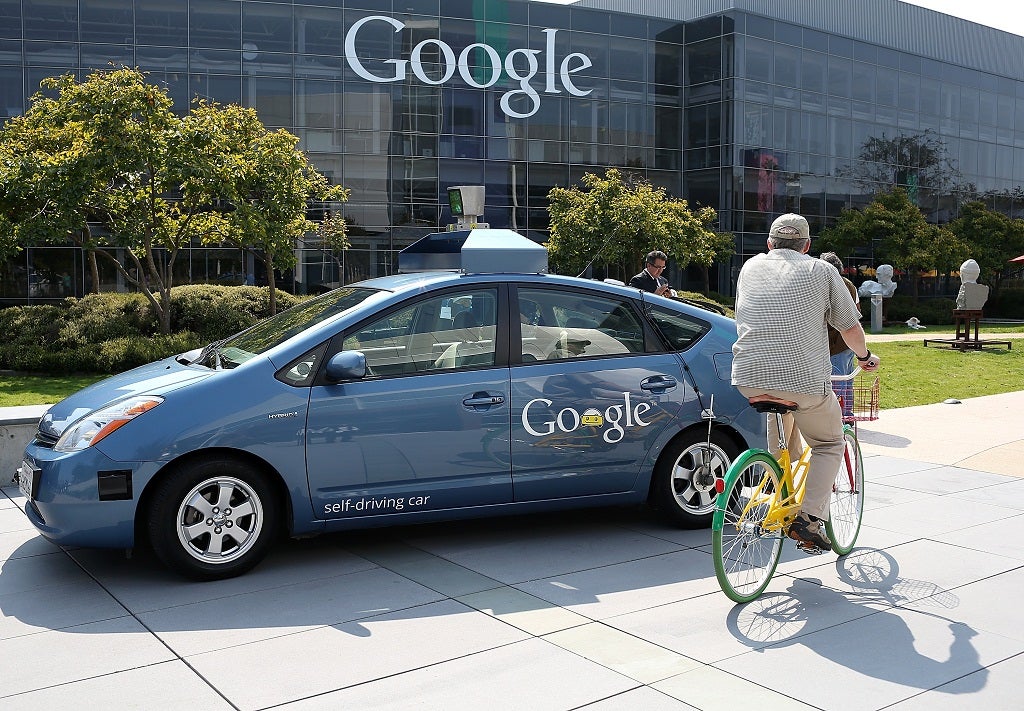The miracle of driverless cars
I was born disabled and cannot drive on my own - these inventions could be life changing.

Something amazing happened in California this week. It could be called the stuff of science fiction. Governor Jerry Brown travelled to Google Headquarters. I stress travelled because he didn’t drive - he used a driverless or self-driving car. A Toyota Prius, to be precise. He then signed a State Bill that will pave the way for more such cars in California.
The Bill will establish safety and performance regulations to test and operate these driverless cars on California’s roads and highways. Nevada already has legislation allowing such cars on their roads.
Google has a dozen driverless cars- they have been developing the technology and have lobbied for these regulations.
Governor Brown said: “Today we’re looking at science fiction becoming tomorrow’s reality.”
However, it was the words of Google co-founder Sergey Brin that most interested me. He said that driverless cars would provide transport to people who can’t drive themselves, such as blind people or those who are physically disabled.
My own physical disability, which I have had since birth, means that I will never be able to drive a ‘real’ car. I can’t use public transport by myself, either. So the chance to have a driverless car would mean the world to me. It would change my life so much for the better.
It would be more than a car to me. It would give me the freedom to get up and go out, without having to wait until there was someone available to drive me around. If I could get up and go out, by myself, where I wanted, when I wanted, I would have real and complete independence.
Sergey Brin predicted yesterday that driverless cars would be commercially available within a decade. I know that ten years is not a short period of time. And that is just for America. It will most probably be much longer before roads in England are able to cater for driverless cars.
So maybe I am getting a little bit carried away. But there’s a good reason why. I am a disability campaigner and I am proud to be disabled. I know my own limits and very few of them bother me any more. However, the fact that I can’t drive is the last thing that I have to accept about my disability. It is the last thing that I can honestly say I don’t like about being disabled. If only I could drive, my life would be perfect, disability and all.
Thanks to the technology of Google, driverless cars may no longer be the stuff of science fiction. But their co-founder is right. For this disabled person, at least, they are the stuff of dreams.
Join our commenting forum
Join thought-provoking conversations, follow other Independent readers and see their replies
Comments
Bookmark popover
Removed from bookmarks